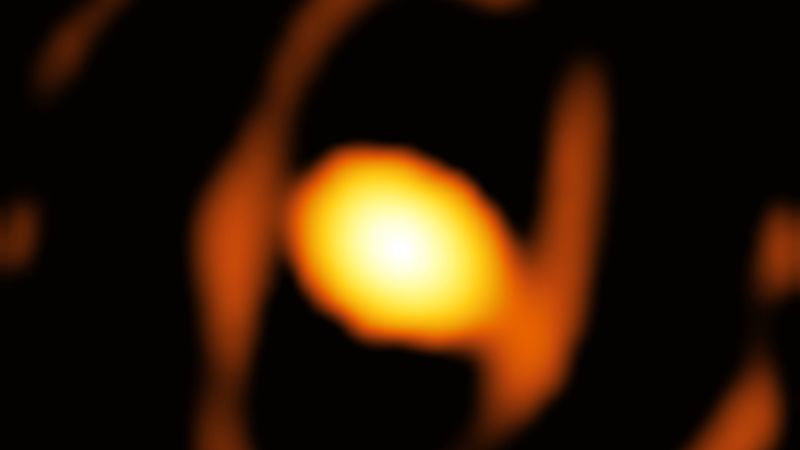
Variables
In space and astronautical engineering, variables refer to the factors that affect the behavior of a system or a process. These factors can be physical, environmental, or operational in nature. Variables can be classified as independent or dependent, depending on whether they are controlled or measured in an experiment. Independent variables are manipulated by the experimenter to observe their effect on the dependent variable, which is the outcome of interest. In space and astronautical engineering, variables play a crucial role in the design, testing, and optimization of systems and processes. They are used to model and simulate complex phenomena, to identify the sources of variability and uncertainty, and to evaluate the performance and reliability of space systems. Examples of variables in space and astronautical engineering include temperature, pressure, velocity, acceleration, radiation, and fuel consumption.
Your Previous Searches
Random Picks
- Electromagnets: Electromagnets are a type of magnet in which the magnetic field is produced by an electric current. They are used extensively in space and astronautical engineering for a variety of applications, including controlling the motion of spacecra ... Read More >>
- Geosphere: Geosphere refers to the solid Earth, including the rocks, minerals, and landforms that make up the planet's surface and interior. In the context of space and astronautical engineering, the geosphere is an important area of study for underst ... Read More >>
- Adaptive Modulation: Adaptive Modulation is a technique used in communication systems to dynamically adjust the modulation scheme and/or coding rate of a transmitted signal based on the channel conditions. The goal of adaptive modulation is to maximize the data ... Read More >>
Top News

Archaeologists discover 4,000-year-old canals used to fish by predecessors of an...
Using drones and Google Earth imagery, archaeologists have discovered a 4,000-year-old network of earthen canals in what’s now Belize...
News Source: ABC News on 2024-11-22

First close-up image of a star beyond our galaxy may reveal impending supernova...
Astronomers have taken the first close-up image of a star beyond our galaxy, and it’s a “monster star” surrounded by a cocoon as it slowly dies....
News Source: CNN on 2024-11-21

Bestselling author explains the science of happiness: "You can do the work"...
Bestselling author and Harvard professor Arthur Brooks opens up about how enjoyment, satisfaction and meaning in life can increase a person's wellbeing....
News Source: CBS News on 2024-11-18

November's full moon, known as the Beaver Moon, is the last supermoon of 2024. H...
November's full moon, known as the Beaver Moon, is the last supermoon of 2024. Here's when it peaks and why it's called the Beaver Moon....
News Source: CBS News on 2024-11-15

You can't put a price on the sense of awe particle physics inspires...
Astronomy and particle physics are no longer seen as vital by the US establishment, so funding has fallen. But our work creates a sense of wonder, and wonder matters, says Chanda Prescod-Weinstein...
News Source: New Scientist on 2024-11-13